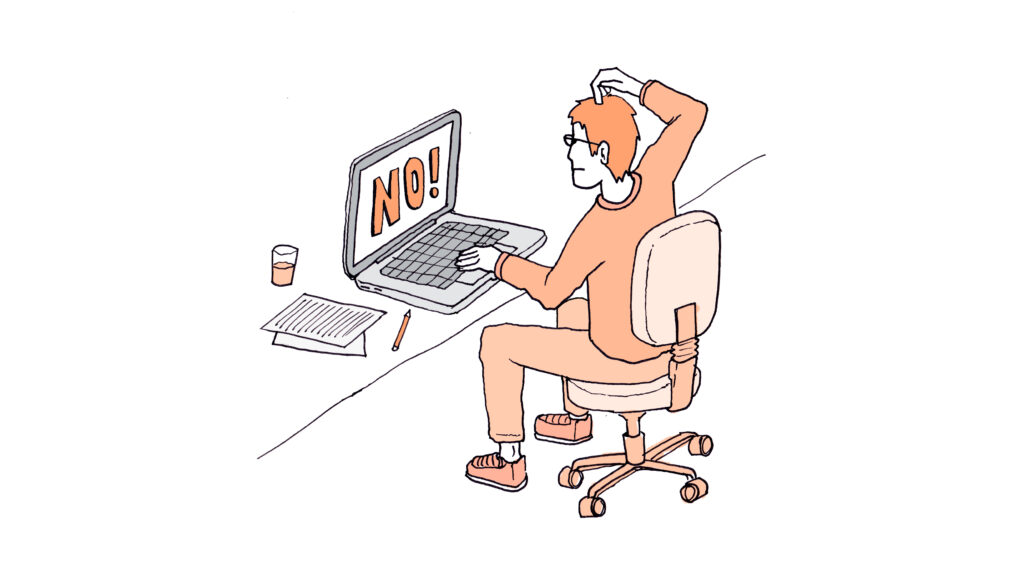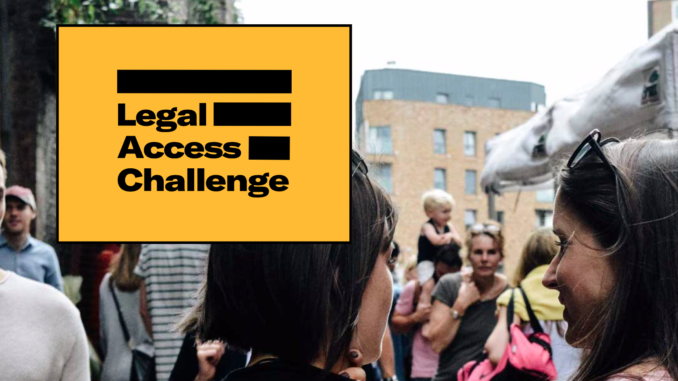Seeking redress in the online world – the current challenges

The tech industry has a trust problem. The public is becoming more concerned by the negative consequences technologies can have – nearly two thirds of people have had a potentially harmful experience online in the last year alone.
One way for companies to restore trust is to take those concerns seriously and offer redress when things go wrong.
Good redress creates much-needed accountability and dialogue between online services and their users.
That’s why Doteveryone has joined forces with Resolver, the free online tool for complaints and claims, to develop a free and independent one-stop-shop to enable the public to exercise their digital rights, and access systems of redress when online services fail to respect them.
But before we build the prototype of this new service, we need to understand exactly where the gaps in the current ecosystem lie. With desk research, an open public consultation and expert interviews, we are building upon our previous research into how the public view, experience and engage with technology and have now published an evidence review into the current landscape for digital redress.
We’ve found that while the Internet has a positive influence on people’s lives, online harms are on the rise and people are struggling to keep up with fast-moving digital regulation and rights. Despite unprecedented publicity from governments, regulators and businesses in the UK and beyond, 28% of Brits have still not heard of GDPR, while a further 25% are aware of it, but don’t know what it means for them in practice.
We have identified three central challenges to realising better redress online:
1. Defining meaningful outcomes for redress in the online world
In a space where many online services are free at the point of use, conventional notions of redress involving financial compensation are becoming obsolete.
So what might good redress look like in this online world?
For low-level issues it may be as simple as blocking content and tackling security vulnerabilities. But where the impact of online harms is more severe, more structural changes to the policies and design of online services may be necessary to create confidence others won’t fall victim to the same damaging experiences.
Collective redress also offers an important form of public engagement. It’s a symbolic act that expresses the relative severity of companies’ misconduct to the public and can help motivate more people to defend their rights in the future. Richard Lloyd’s Google You Owe Us case, which is challenging Google with allegations they illegally took the Public’s personal information in 2011 and 2012, embodies this notion, by going beyond financial compensation to force big tech companies to ‘follow the rules like the rest of us’.
Online redress should be an important lever through which the public are empowered to hold big tech to account.
2. Developing new structures of redress fit for the scale and pace of online services
The unprecedented scale of online services requires change at every stage of the public’s online redress journey. New systems of redress for online rights must draw on emerging good practice, emulating the ease-of-use and scalability of the online services under their remit.
Our review surfaced several emerging approaches and pilots that point to how standards and structures of redress could be reimagined to reflect this new reality.
Many online services and regulators are shifting focus to preventative measures that aim to stem the flow of complaints upstream, for example developing AI to detect harmful content and developing “digital avatars” that simulate the online behaviour of children to scrutinise what kinds of adverts target young people online.
3. Making it easier for people to navigate digital complexity
Mistrust in tech companies (recent research by the Open Data Institute suggests as little as 5% of people trust social media companies with their data) and widespread low engagement with organisations supporting redress reflect the challenges people face to assert their rights online. We found that 92% of the population want a single place where they could find their digital rights online, but only 28% feel they know where to look for this support.
There’s a need to cut through the noise and opacity to give people accessible and succinct information about the choices they make online, from the sites they use to how much data they share. The population needs support to navigate the complex digital world, and to understand the rights afforded to them – and how to demand rights where none yet exist.
———————
Read the full report: Better redress: building accountability for the digital age.
If you are interested in being involved in this work, please get in contact at [email protected].
